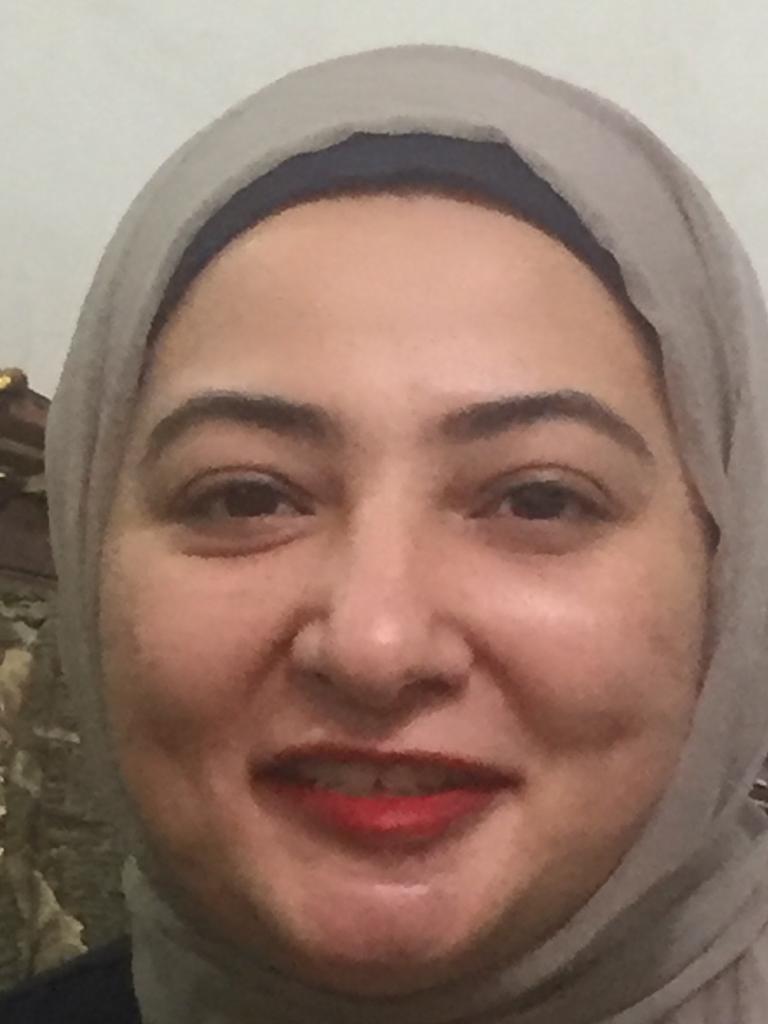(MENAFN- Daily News Egypt) Violence is the biggest threat to peace and security in today's world. According to statistics, each year, over 1.6 million people worldwide lose their lives to violence.
Almost every day we read hundreds of reports of violence triggered by ethnic, religious or cultural hatred all over the world. It was dreadful to hear about the recent massacre at Walmart in Texas, in which the shooter targeted Mexicans only and let both whites and African Americans live. Most seriously, we started to discuss the prevalence of violence perpetrated by police officers against unarmed people in established democracies such as France, Spain and Italy. Earlier in August, a local man lost his life in the western French city of Nantes following a violent clash between police and people attending a music festival. These horrific events indicate only one truth that people today, in all cultures and countries, use violence to get their arguments and points across.

 Marwa El- Shinawy
Marwa El- ShinawyCertainly, violence is not intrinsic to human nature as much as it is a man-made phenomenon. In many ways, violence has been normalised through the pop culture we consume. Arts and drama are among the most effective ways that create a cultural acceptance of violence, promoting a social tolerance of violent behaviour in society. Dramatized violence has been a feature of entertainment throughout history. The realistic portrayal of violence is considered as one of the distinguishing marks of great artists like for example Edward Bond, who legitimised the depiction of violence in drama on the pretext of presenting a realistic image of society. In many dramatic works of high artistic value and massive popularity, brutality appears to be justified, and terrorist acts go unpunished. The history of drama is replete with works that propagate violence that it has become normal for us to see it as a means of gaining power and authority.
The world's most famous musical The Phantom of the Opera, which celebrates this year its 31st anniversary on Broadway, and its 33 record-breaking years at the Majestic Theatre in London, is a living example of the great classics that romanticize violence and spread it in society.
Based on the novel written by Gaston Leroux in 1910, The Phantom of the Opera musical has become one of the world's most commercially successful theatrical productions that the BBC characterized it as the "most successful entertainment venture of all time."
The show has travelled the world and entertained millions of people. Most importantly, the play is incredibly popular with both school and college groups. However, The Phantom of the Opera is the story of a disfigured, angry man who lives beneath a Paris opera house and terrorises its cast and crew so that his beloved, Christine, can have a chance to sing the lead part. The play represents gratuitous violence in a romantic mode. The lover- phantom is nothing but a cold-blooded assassin, who does not hesitate to harm other people to assert his authority. The narrative of the play is driven by violence and the desire to dominate over others.
Doubtless, this critique does not underestimate this great, timeless play with its high-octane music composed by Andrew Lloyd Webber in his most inspired mode and the brilliant dramatic staging of Harold Prince, who passed away a few weeks ago. Nevertheless, it is necessary to condemn violence in drama, especially the widespread classical works that normalize and romanticize violence and we study them in schools and colleges. In light of the current political and cultural climate, banning violence in the drama is no less important than criminalizing it in constitutions and laws. Violence in media, dramatic arts, and popular culture should be moved onto the public health agenda as the prevention of violence have become the subject of urgent social debate.
Marwa El- Shinawy holds a PhD in American theatre, and is a member of the Higher Committee for the Cairo International Festival for Contemporary and Experimental Theatre
MENAFN2108201901530000ID1098910218
Legal Disclaimer:
MENAFN provides the information “as is” without warranty of any kind. We do not accept any responsibility or liability for the accuracy, content, images, videos, licenses, completeness, legality, or reliability of the information contained in this article. If you have any complaints or copyright issues related to this article, kindly contact the provider above.